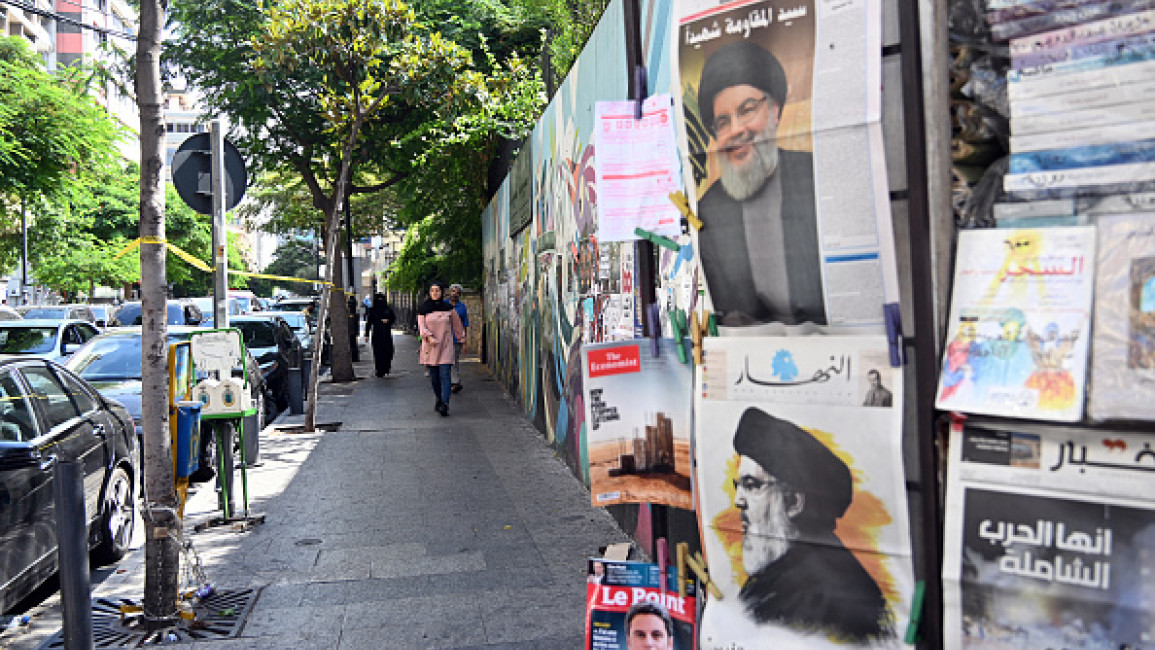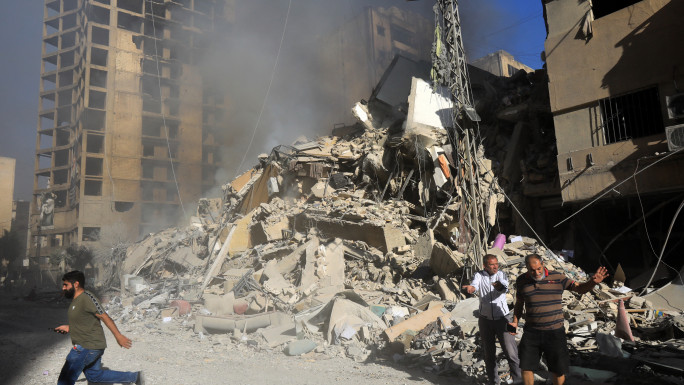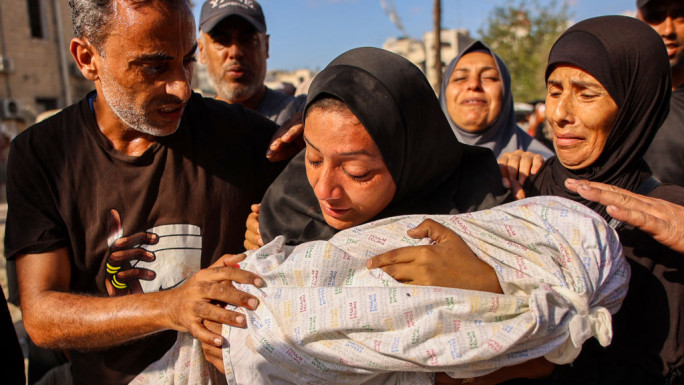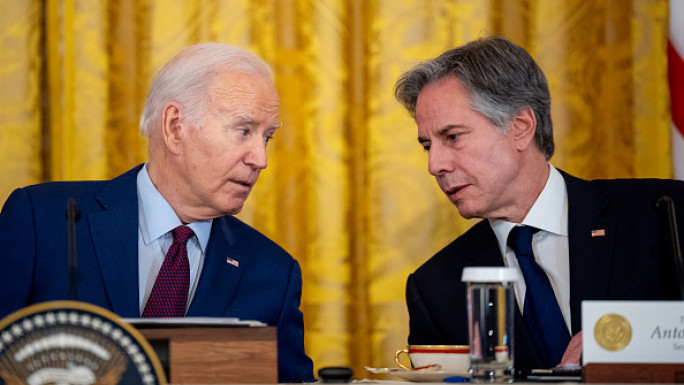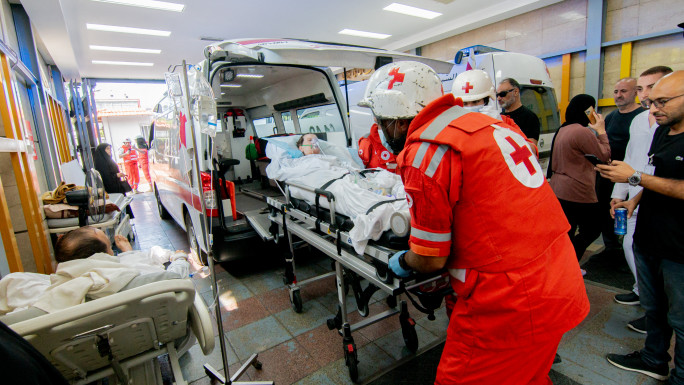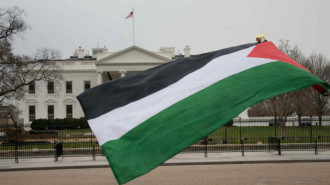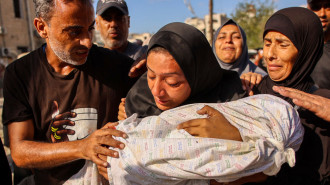Hezbollah's Nasrallah agreed to a ceasefire shortly before assassination
Lebanon's foreign minister, Abdallah Bou Habib, revealed on Thursday that Hezbollah's secretary-general, Hassan Nasrallah, had agreed to a "complete ceasefire" just before he was assassinated by Israel last week.
In an interview with American broadcast PBS, Bou Habib said that Nasrallah had agreed to a ceasefire moments before he was assassinated, adding that Lebanese officials had informed American and French mediators of the government's consent to a ceasefire.
Bou Habib also said that Israeli Prime Minister Benjamin Netanyahu was aware of the agreement and he had also agreed to a ceasefire.
"He (Nasrallah) agreed, he agreed (to the ceasefire)," Habib said.
"The Lebanese government had agreed to a ceasefire after consulting with Hezbollah through Speaker Nabih Berri, and we informed the Americans and the French [of this]," he said.
Bou Habib also said that the US and French representatives told them that Israeli Prime Minister Benjamin Netanyahu had also given consent to the agreement.
The ceasefire deal was led by the US, France and other Arab states after a meeting between US President Joe Biden and his French counterpart Emmanuel Macron at the UN General Assembly in New York on 25 September.
It had stipulated a 21-day truce in the fighting during which negotiations would work towards a ceasefire.
Netanyahu and other far-right government ministers immediately rejected the proposal, and the Israeli prime minister instructed the Israeli military to continue "fighting with full force" a day later.
Nasrallah was assassinated on 28 September in an Israeli air strike on the southern suburbs of Beirut.
He was reportedly in a bunker in the Dahiyeh suburb when it was hit by Israeli bombs.
On 1 October, Israel launched a "limited" ground invasion of Lebanon, which killed at least eight of its soldiers following direct combat with Hezbollah fighters in southern Lebanon.
Israel has also maintained strikes across Lebanon in what it said were "Hezbollah targets". Its bombing campaign as well as cross-border attacks since 8 October has killed more than 1,928 people and injured at least 9,290 others in Lebanon.
